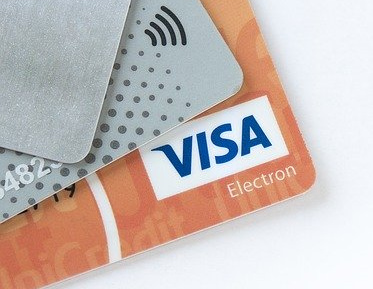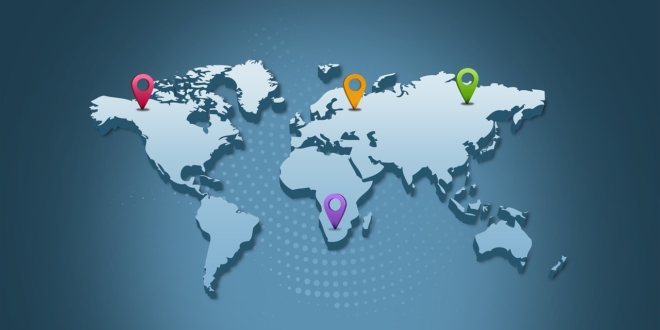By Brady Harris, CEO of Dwolla
Organizations across all industries are operating under completely different circumstances and many leaders are in uncharted territory as they maneuver through the coronavirus. If COVID-19 has taught us anything it’s that we must interact with our customers digitally in order to operate—especially when it comes to moving money.

Which has forced organizations to essentially transform overnight.
The restaurant industry is an excellent case of adapting to the rapid change brought about by COVID-19. Restaurants were operating seven days a week at 100 percent capacity—which isn’t an option right now. As a way of reaching their customers, orders are being placed through mobile applications and payments are completed digitally. These digital experiences have been essential for businesses to survive.
Now that customers are accustomed to engaging with businesses digitally, online payments are no longer a nice to have—they are an expectation moving forward. Luckily for businesses, online payments are now a safer, faster, and more affordable option for moving money.
The rise of contactless payments
With businesses needing a digital way to interact with consumers following the COVID-19 outbreak, a superior mobile experience was required. This experience needs a convenient, user-friendly payment process that most importantly—doesn’t drop off during checkout. That is why one of the major mobile application innovations gaining momentum is contactless payments, which are on track to triple to $6 trillion in the next four years.

Contactless payments are secure, electronic money transfers that can be processed through mobile applications, as well as credit or debit cards. With mobile apps more prominent than ever, programmable payments provide businesses with the opportunity to meet consumers where they are and allow them to transfer money in a way that’s becoming expected. By moving money digitally, payments are controlled at the fingertips of each consumer. After plugging in a bit of financial information, funds are electronically transferred without writing a check, exchanging cash or handing over a card.
As social distancing mandates continue, businesses looking for a way to continue operations can use contactless payments via mobile apps. Electronic payments are critical to keeping businesses afloat by allowing them to interact with customers in ways they weren’t before.
The role of the ACH Network
When transitioning to an online payment process, many organizations turn to the Automated Clearing House (ACH) Network. ACH payments, or electronic, bank-to-bank transfers, are a secure, efficient, and cost-effective method for moving funds.
Nearly $45 trillion moves across the network every year. Businesses can offer ACH transactions and still take advantage of faster payment options while avoiding the costs associated with credit cards. Harnessing the power of the ACH Network allows organizations to move money in an automated way, which benefits both their business and their customers.

Looking beyond the roadblocks we’ve encountered so far this year, businesses have plenty of opportunities to digitally interact with consumers—starting and ending with the payment experience. With consumers expecting a superior mobile experience from beginning to end, organizations need to provide customers with everything they need to digitally interact. Utilizing the ACH Network and Dwolla’s payment infrastructure allows organizations of all sizes to lower costs, increase processing times, and mitigate security risks without cutting corners on the mobile experience.
In the aftermath of the coronavirus outbreak, there has been a surge in online transactions. As consumers continue to grow accustomed to this new normal, electronic transfers will continue to be the payment method of choice long after we’ve fully emerged from the pandemic.

Brady Harris is the Chief Executive Officer of Dwolla. With over 20 years of experience in the payments industry, he’s making programmable payments the standard for any industry. Prior to Dwolla, Harris was President of Payscape, a nationwide FinTech/SaaS provider that offers dynamic payment solutions. At Payscape, he played a key role in the merger with Payroc, creating a full-service payment powerhouse that operates in 46 countries, serving 60,000+ businesses with over $25 billion in annual payment volume. In his 18-year history of leadership in fintech, payments, and SaaS industries, including multiple successful private equity transactions, Harris has excelled at accelerating growth and successfully scaling businesses. In 2017, he was recognized as the 3rd highest-rated CEO nationwide by Glassdoor.








LET’S CONNECT